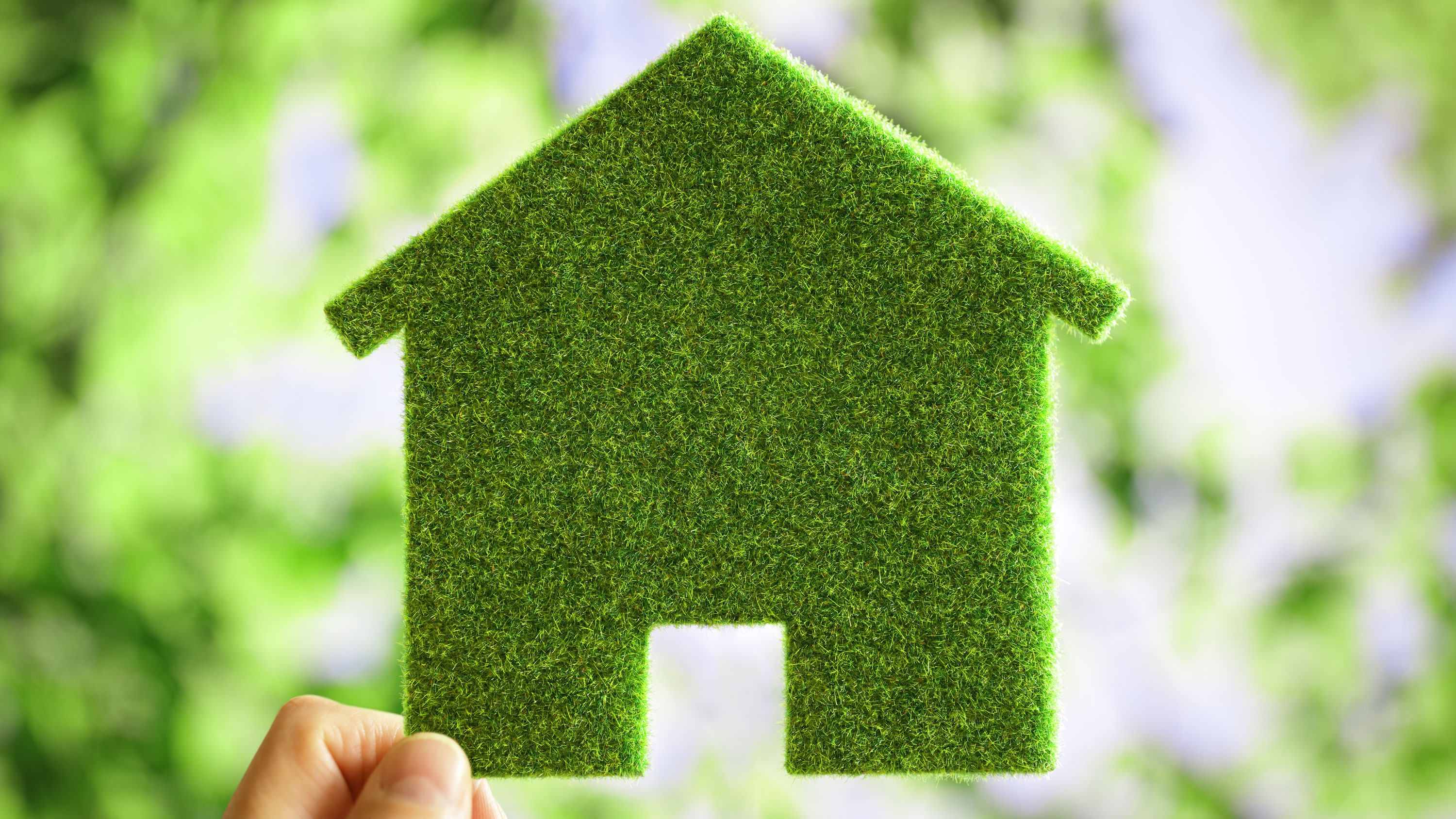Want to boost the value of your home? Going solar could be the answer
The sale prices of properties that have installed solar panels increased by an average of 14 per cent, research shows


Adding solar panels to your home could make it worth more, research by solar panel specialists EffectiveHome has shown. The research revealed that the sale prices of properties that have gone solar across the UK have increased by 14 per cent on average. Across the country, that’s an average of £32,459.
Installing panels can save on energy bills, of course, but it may be a surprise to hear that they could also boost value. But energy efficiency as well as sustainability are considered a major influence on house prices, and the research shows increases in property values across 10 of the UK’s largest cities.
Homes in London showed the largest boost, with solar panels creating the possibility of adding £90,000 to the average value. Bristol and Edinburgh also showed big leaps of £45,142 and £40,095 to the average. The most modest increase was seen in Liverpool – but the research still showed a possible addition of £23,384 to the average value.
Dan Graby, director at EffectiveHome, says, ‘We hope our findings are a welcome surprise to property sellers across the UK who may be unaware that making energy-efficient changes to their home can make such a significant contribution to its valuation. There is a clear appetite amongst homebuyers to move to a property which is sensitive to spiralling energy prices, global warming and the environment.’
But what does going solar involve? The panels, which are also called photovoltaics (PV), capture energy from the sun and convert it into electricity you can use in your home. Generally, they’re fitted on your roof, but they could be installed at ground level. There are also solar tiles available, which look like ordinary roofing tiles.
Solar panels don’t actually need a sunny day to work but stronger sunshine does equal more electricity generated. Ideally, your roof will face south, but the panels could be fitted on to east or west-facing roofs.
Once you’ve paid for installation, you’re on your way to savings if you go solar because you’ll be generating your own electricity. When you generate more than you need or can store, it can be exported to the grid.
Get small space home decor ideas, celeb inspiration, DIY tips and more, straight to your inbox!
Although the feed-in tariff scheme closed in March 2019, if you’re installing solar panels now, you could benefit from the smart export guarantee (SEG), and receive payment for exporting electricity to the grid via your electricity supplier. Not all energy suppliers offer these, and tariffs vary, so check what’s on offer if you take this route.
An average domestic solar PV system costs around £4,800 including VAT at five per cent, according to the Energy Saving Trust. And even without the SEG, it could save you up to £240 per year if you live in London. In Manchester, annual savings are up to £230 a year. With the SEG, a London homeowner could be up to £390 better off, and someone in Manchester could save £330 annually, the trust’s figures show.
Read more:

Sarah is a freelance journalist and editor writing for websites, national newspapers, and magazines. She’s spent most of her journalistic career specialising in homes – long enough to see fridges become smart, decorating fashions embrace both minimalism and maximalism, and interiors that blur the indoor/outdoor link become a must-have. She loves testing the latest home appliances, revealing the trends in furnishings and fittings for every room, and investigating the benefits, costs and practicalities of home improvement. It's no big surprise that she likes to put what she writes about into practice, and is a serial house revamper. For Realhomes.com, Sarah reviews coffee machines and vacuum cleaners, taking them through their paces at home to give us an honest, real life review and comparison of every model.